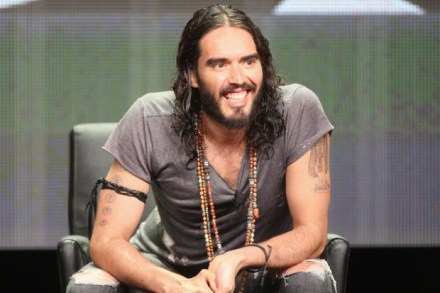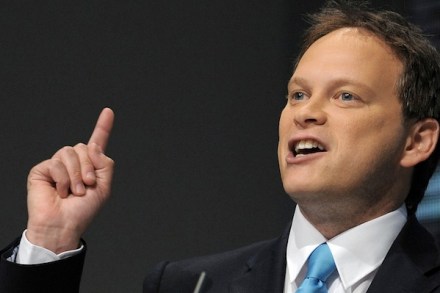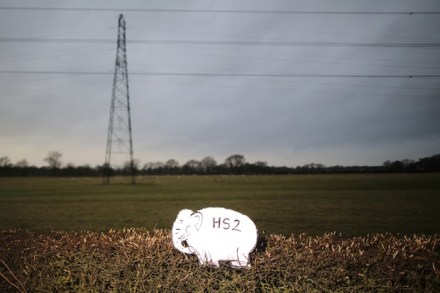Tory MPs flee dreaded ‘Europhile’ tag to Adam Afriyie referendum bill bid
In case you’ve been wondering what that strange feeling of tension in the air across the country is, the #LetBritainDecide bill returns to the Commons tomorrow for its report stage and third reading. There is, actually, rather a lot of valid tension – in as much as a backbench bill that will never become law can create valid tension – over the legislation this time around. The first reason is that Labour’s Mike Gapes has tabled a fantastic series of amendments to try to wreck the bill, which join his fantastic series of amendments that he tabled at committee stage. The second is that there are many more Tories planning




















